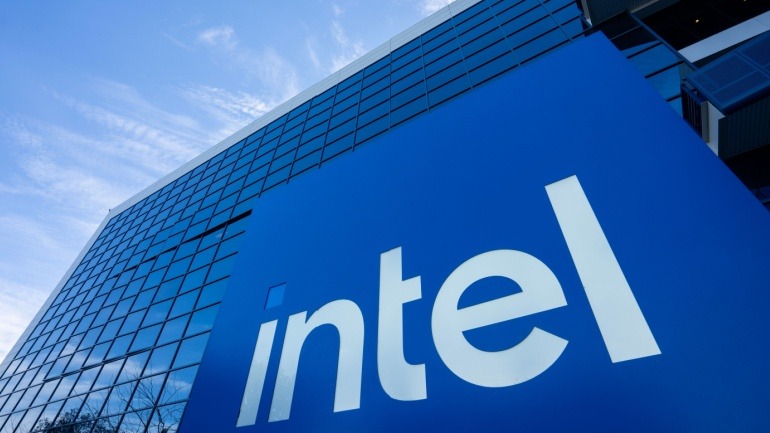Germany is set to inject €5 billion into a new semiconductor manufacturing facility in Dresden, courtesy of a joint venture spearheaded by the European Semiconductor Manufacturing Company (ESMC). This newly formed entity includes heavyweights like Taiwan Semiconductor Manufacturing Company (TSMC), Bosch, Infineon, and NXP.
The European Commission has approved this investment, spotlighting the strategic importance of reducing Europe’s dependence on U.S. and Chinese semiconductor imports. “This new centre qualifies under the European Chips Act as a first-of-a-kind facility,” stated European Commission president Ursula von der Leyen. The plant will produce silicon wafers employing 28/22nm and 16/12nm technology nodes, along with FinFET technology. This technological arsenal primarily caters to automotive and industrial sectors, pillars of the German economy.
This facility aims to function as an open foundry, extending its services to various companies, including European SMEs and universities. This approach aims to bolster local businesses and R&D initiatives, crucial for European innovation.
The investment aligns with Germany’s broader vision of establishing itself as a semiconductor hub in Europe. The Commission highlighted that this venture would enrich Europe’s semiconductor landscape, offering technology not manufactured elsewhere on the continent. Such diversification could cushion Europe against global supply chain disruptions, a concern that has become more acute in recent years.
However, it’s important to note that the chips produced will not be cutting-edge. For instance, TSMC already produces 3nm chips for high-performance applications like smartphones and data centres. ESMC’s 28/22nm and 16/12nm chips are less advanced but essential for the automotive and industrial markets, sectors where Germany excels.
Expected to reach full operational capacity by 2029, the plant will produce 480,000 chips annually. This strategic move mirrors similar efforts globally. The U.S., under its CHIPS Act, allocated $52 billion in subsidies for chip manufacture, prompting giants like Intel, Samsung, and TSMC to expand their operations Stateside. Meanwhile, China expectedly shelling out $142 billion in subsidies, although these figures remain partly speculative.
Efforts such as these reflect a broader trend of semiconductor self-reliance. Europe, with its €43 billion European Chips Act, aims to mitigate dependency and foster technological sovereignty, facilitating around €115 billion in investments, as per von der Leyen.






